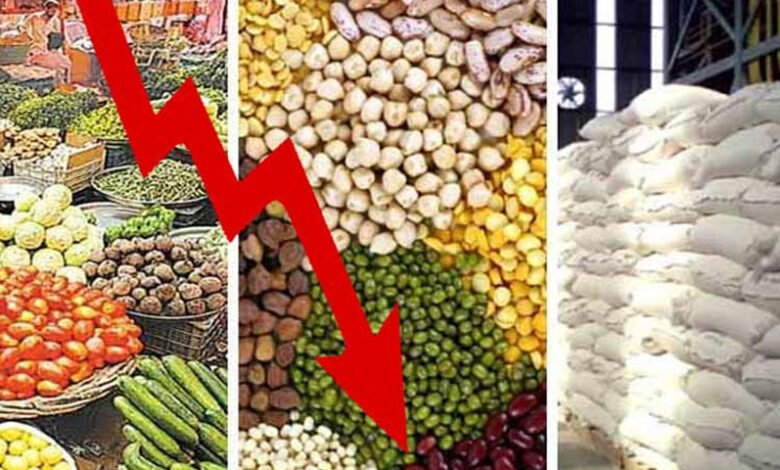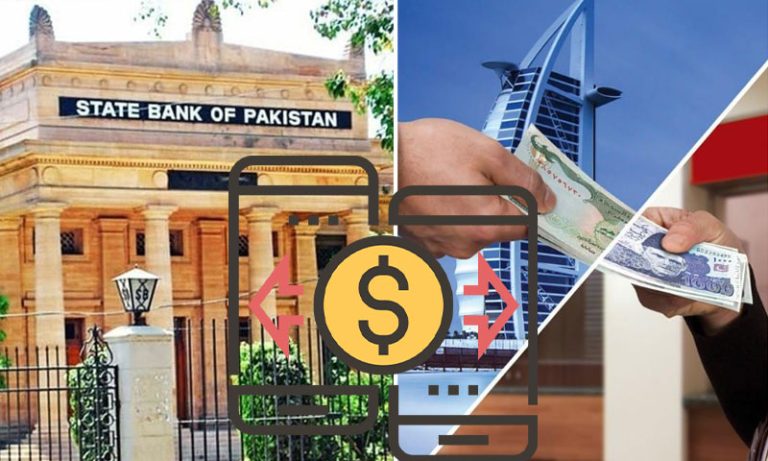Inflation Eases in Pakistan as Government Measures Begin to Show Results

The increasing burden of inflation on the public seems to be lightening as the government’s initial tough decisions are now starting to yield positive results. This is evident from the fact that inflation in Pakistan continued to decline in March 2025, which is a welcome sign for the citizens.
According to the Pakistan Bureau of Statistics, inflation in March 2025 stood at 0.7%, a significant drop from the previous month’s 1.5%. This is also a sharp contrast to March 2024, when inflation was as high as 20.7%. The data indicates a substantial reduction in inflation compared to last year, offering some relief to the public.
**Urban and Rural Areas’ Situation:**
In urban areas, inflation was restricted to just 1.2%, down from 1.8% in February, while rural areas saw inflation remain unchanged. This decline in inflation is certainly a positive development for the public, as it provides some relief from rising living costs.
**State Bank’s Decisions:**
For policymakers, the continuous decline in inflation is encouraging. However, the State Bank of Pakistan must balance economic recovery with price stability. In the recent meeting, the State Bank decided to keep the policy rate unchanged at 12%, opting not to reduce it in order to maintain stability in the economy.
**Food Prices:**
The consumer price index (CPI) shows that food prices remain a major concern, with food accounting for 34.6% of the CPI. In March 2024, the food index was recorded at 278.3, indicating a 5.1% increase on an annual basis. On a monthly basis, some items saw a price hike, including tomatoes (up 36%), fresh fruits (up 19%), and eggs (up 15%). However, some items became cheaper, such as onions (down 15%), tea (down 8%), and potatoes (down 7%).
As for housing costs, there was a 2.2% increase, while transport costs decreased by 1.2%. However, expenses on clothing, education, and healthcare rose by 11 to 14%.
**Impact on the Common Man:**
While the reduction in inflation brings some relief, prices for essentials such as food, housing, and other necessities continue to rise. If the government takes further action to reduce inflation, it could have a positive impact on the lives of ordinary citizens, helping them better cope with the ongoing economic challenges.






